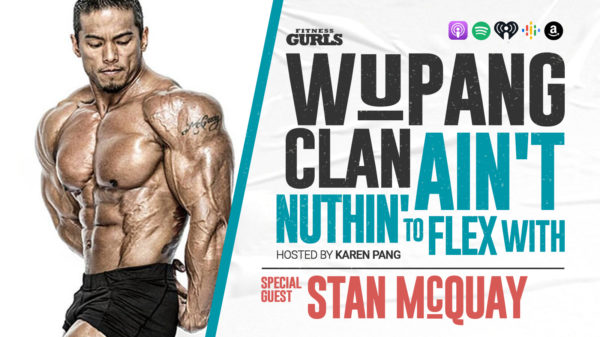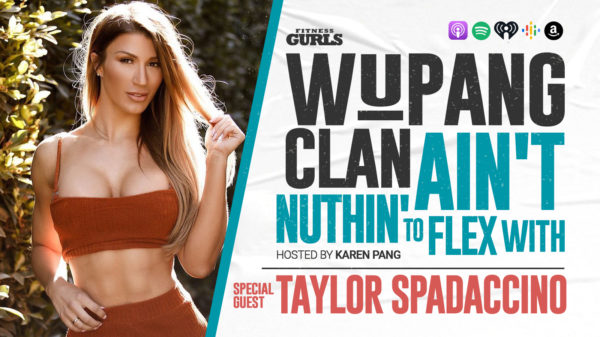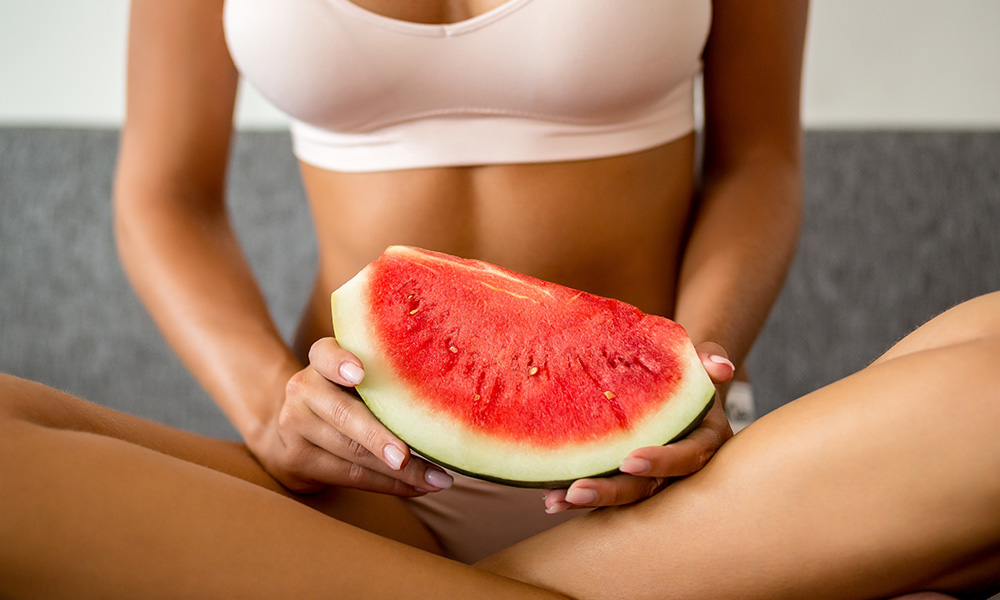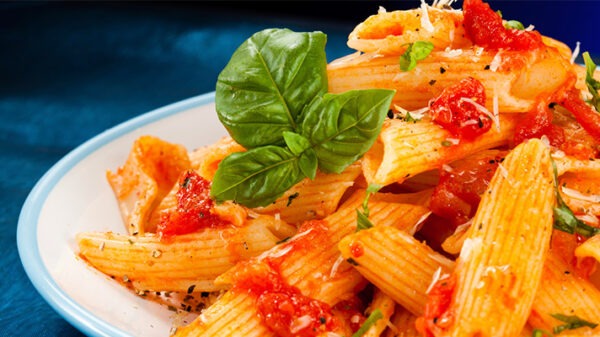To have an enriching experience is always a good thing, but when this word is used for the food industry, that isn’t the case anymore—frankly it’s a starchy enemy. Enriched carbohydrates are when a normal carb has its vitamins and minerals stripped from the grain to be replaced with artificial fillers. When people think of a bad carb, it is usually matched with white starchy carbs like white bread, bagels, muffins, etc.
Let’s take a deeper dive into the nutritional formula: 100% Whole-Grain wheat (minus) 11 vitamins & minerals (plus) 5 added vitamins & minerals (equals) enriched. What happens in this procedure is the original vitamins and minerals are removed to make a cheaper product to ship, and a bigger bank account. In the last few years these companies will hide behind claiming their products “made with whole grains!” but the reality of this is that the product may only have 5% actual whole grains in the entirety of the mix of other disastrous proportions. This method is used to combat costs and to claim that the product has more nutritional value than the reality of it to sucker people in to purchase it thinking it’s healthy.
The process of ingestion for the enriched grain is done much quicker than an untouched natural grain. Because of the quickness of digestion, it spikes insulin levels, aka high sugar levels, which turns the sugar into fat. This is crucial, and I mean crucial to the healthy diet. If you take the time to identify enriched grains in certain foods and stay with 100% whole grain foods, weight loss is almost promised to someone who eats enriched foods regularly.
To identify if a product is enriched, the producer must have a nutritional label to show the ingredients to his or her product. This will be right under the fats, carbs, and protein section of the white label on a product. If the given ingredients are any of the following, your product is enriched:
• Enriched wheat flour
• Wheat flour
• White flour
• All-purpose flour
• Bleached flour
• Cake flour
• Bread flour
Come companies will go as far as to use “whole wheat” in the ingredients, but the next ingredient will be enriched to show compliance to looking healthier than it actually is. The number 1 advice I could give an individual looking for real grains is if the products clearly lists “’100%’ Whole Grains.” If a product claims this, they must by law have 100% of the grain to do so versus someone claiming “Whole Grains” who can sneakily bypass this to use fillers.
























